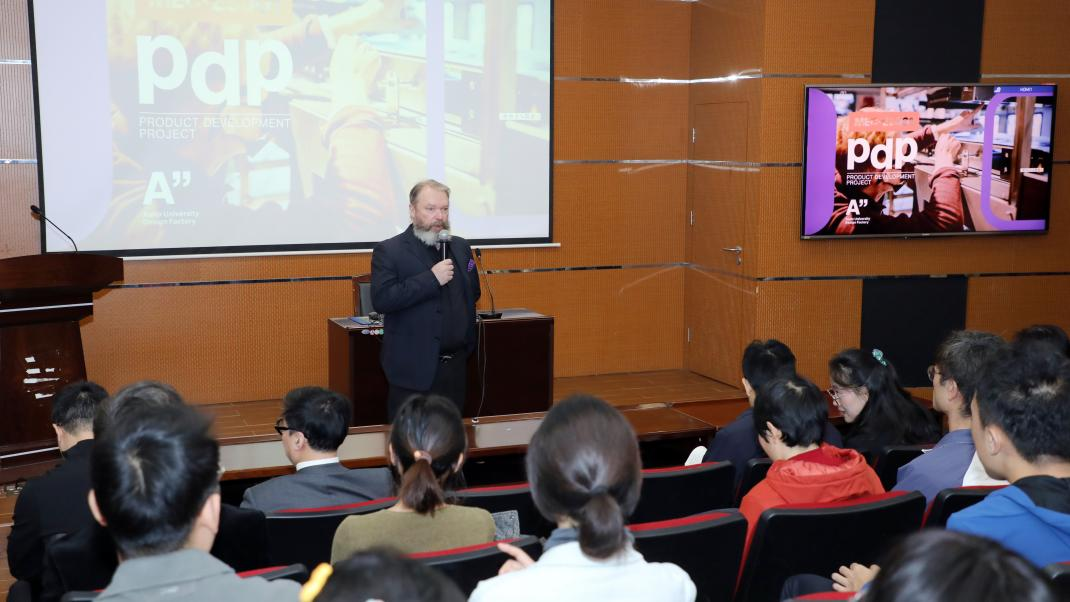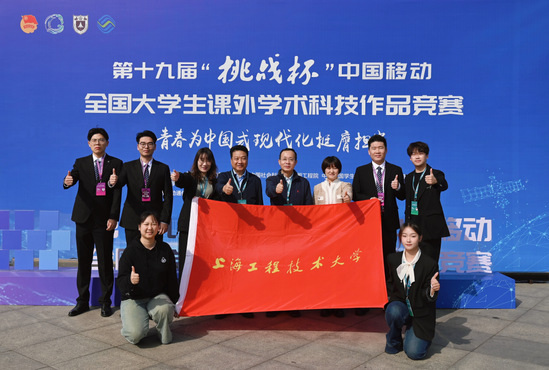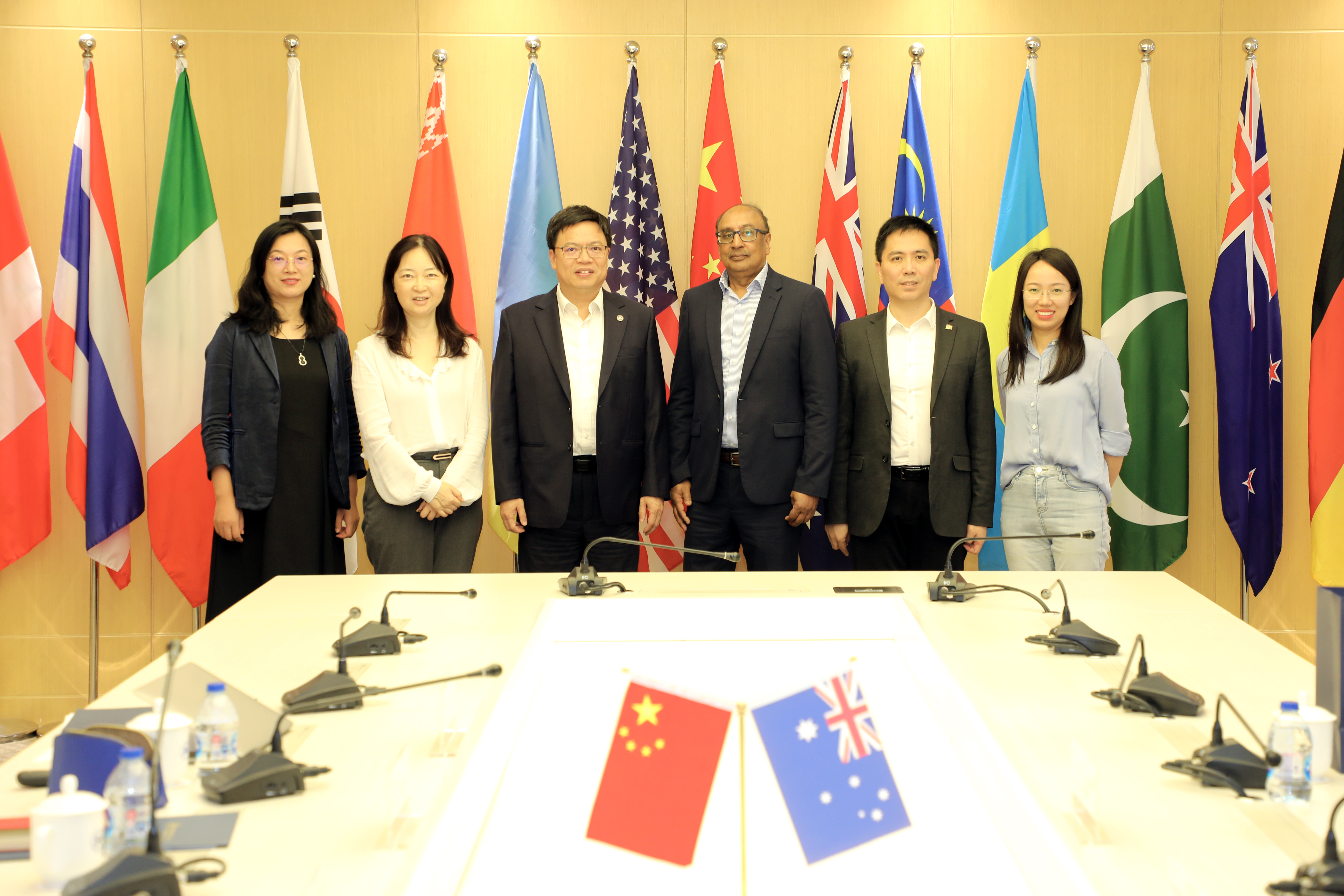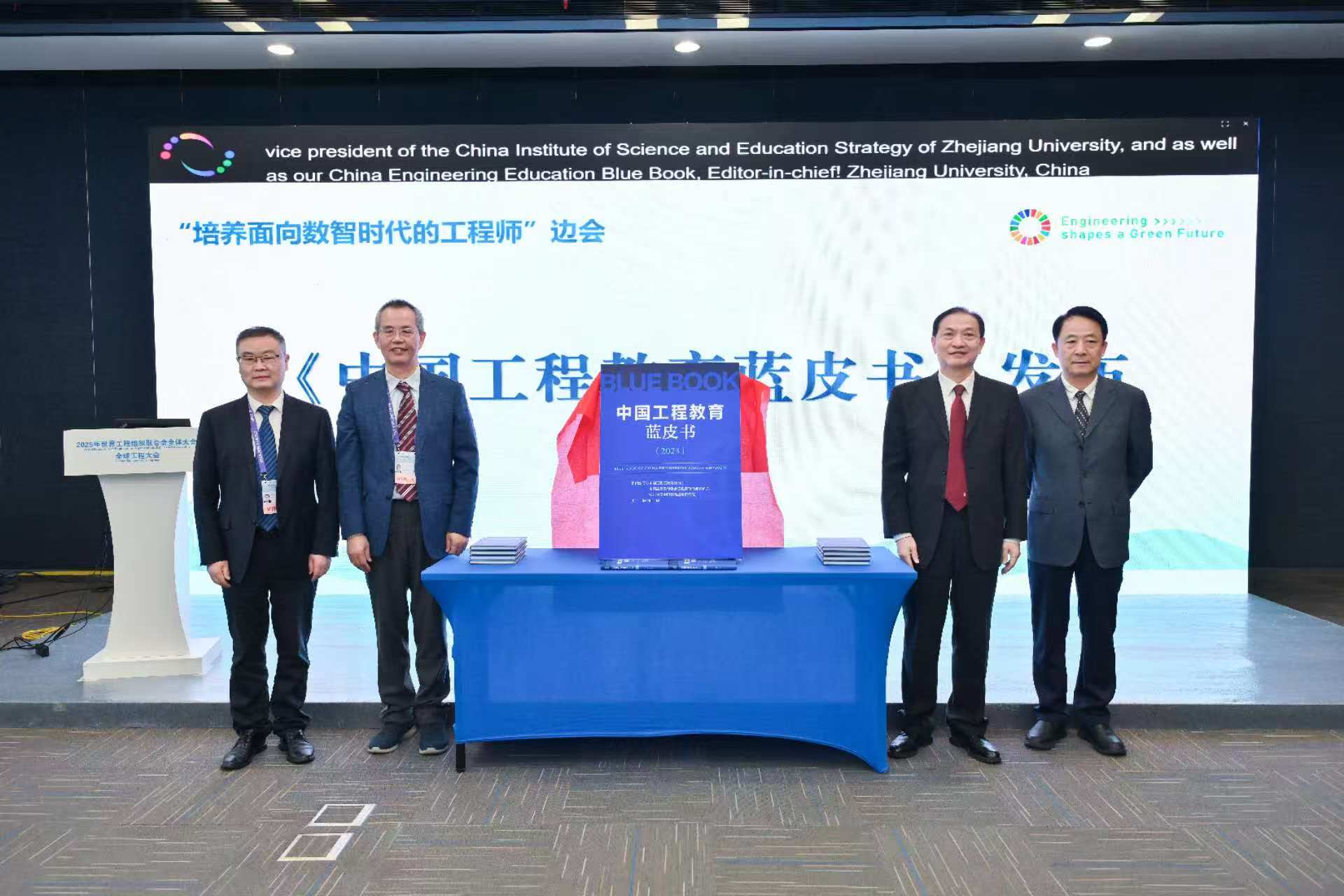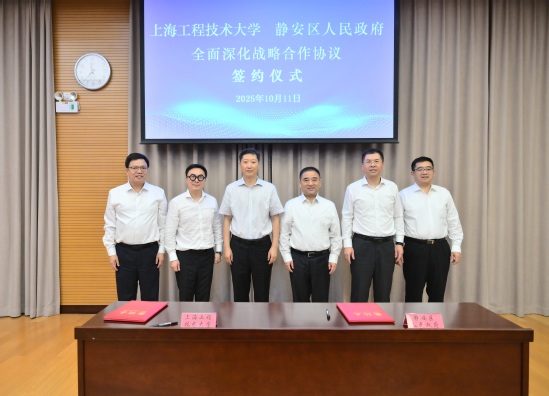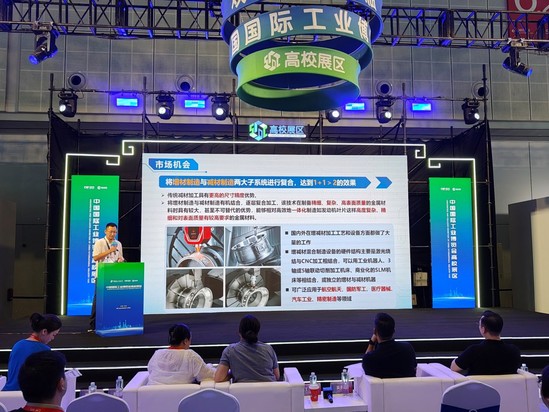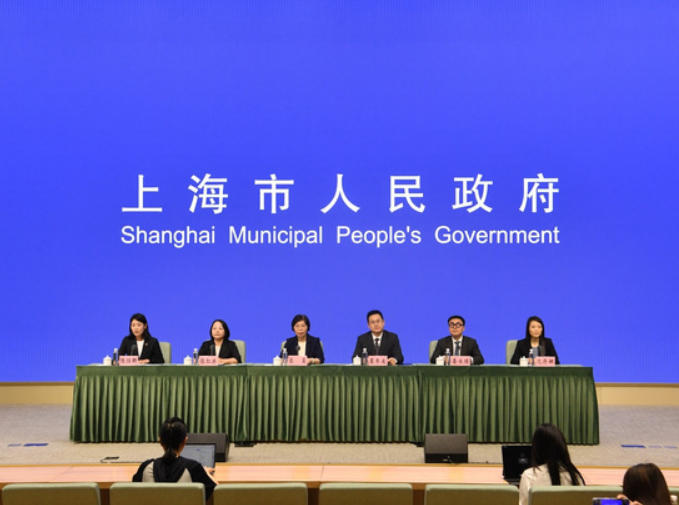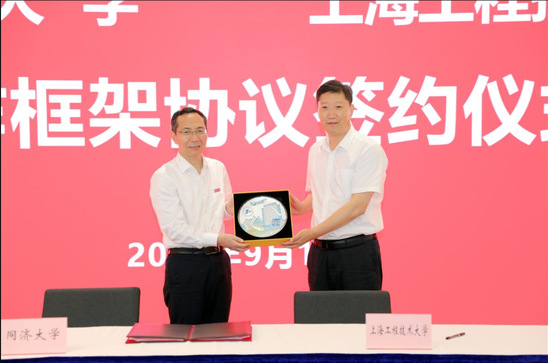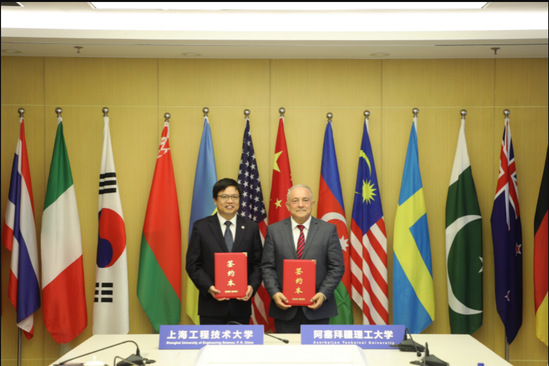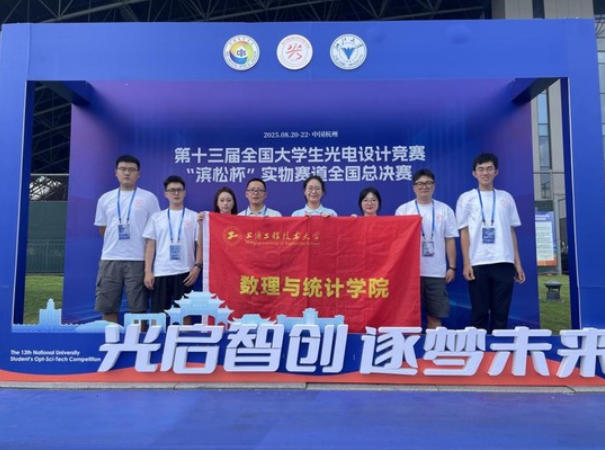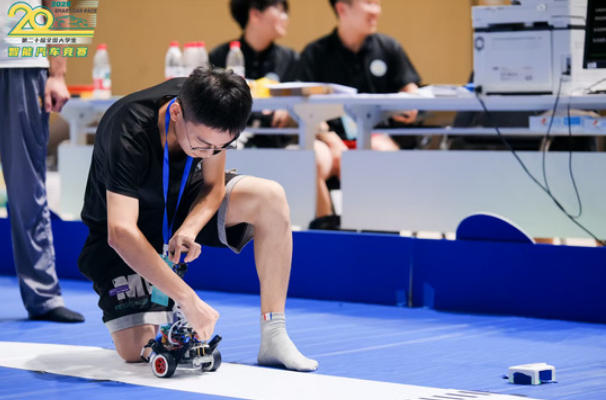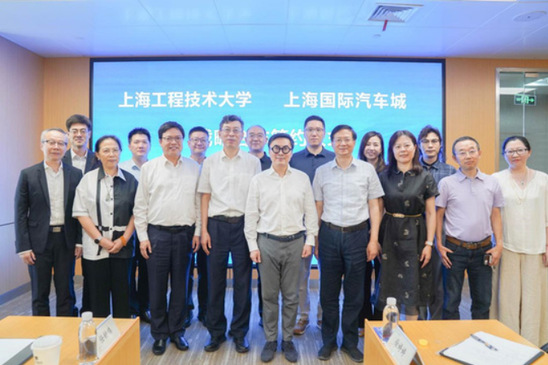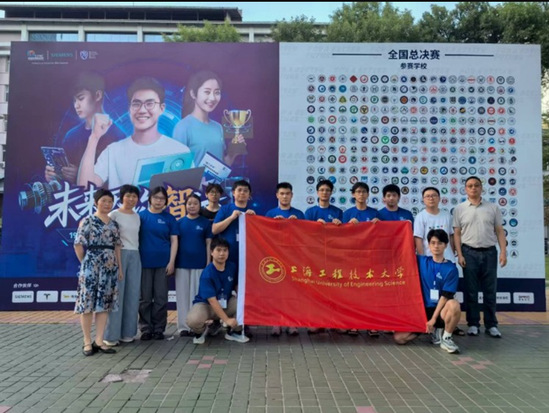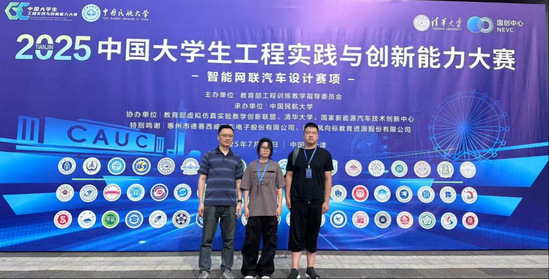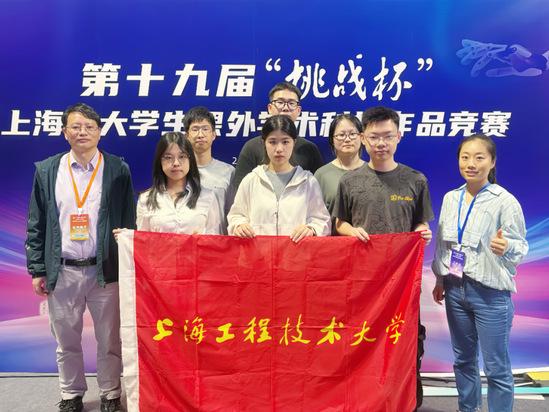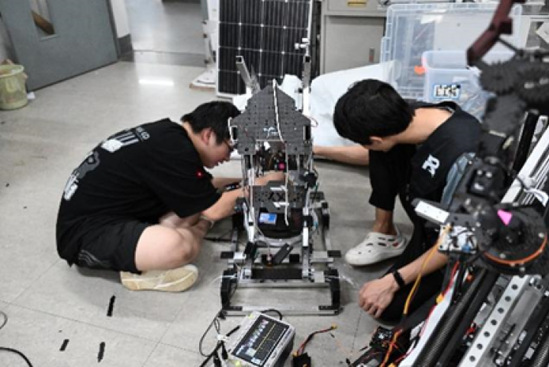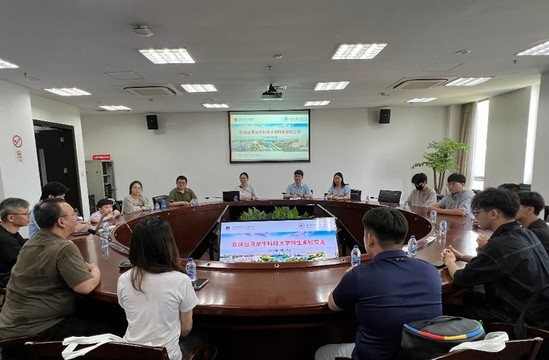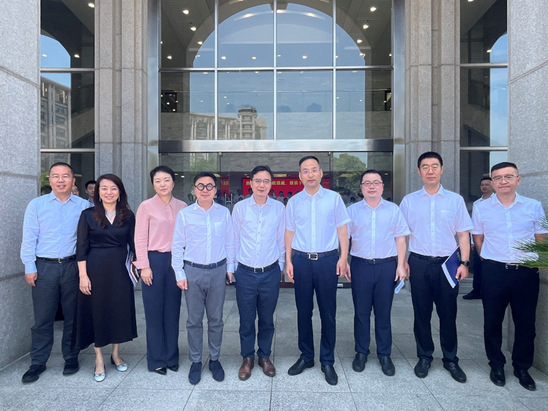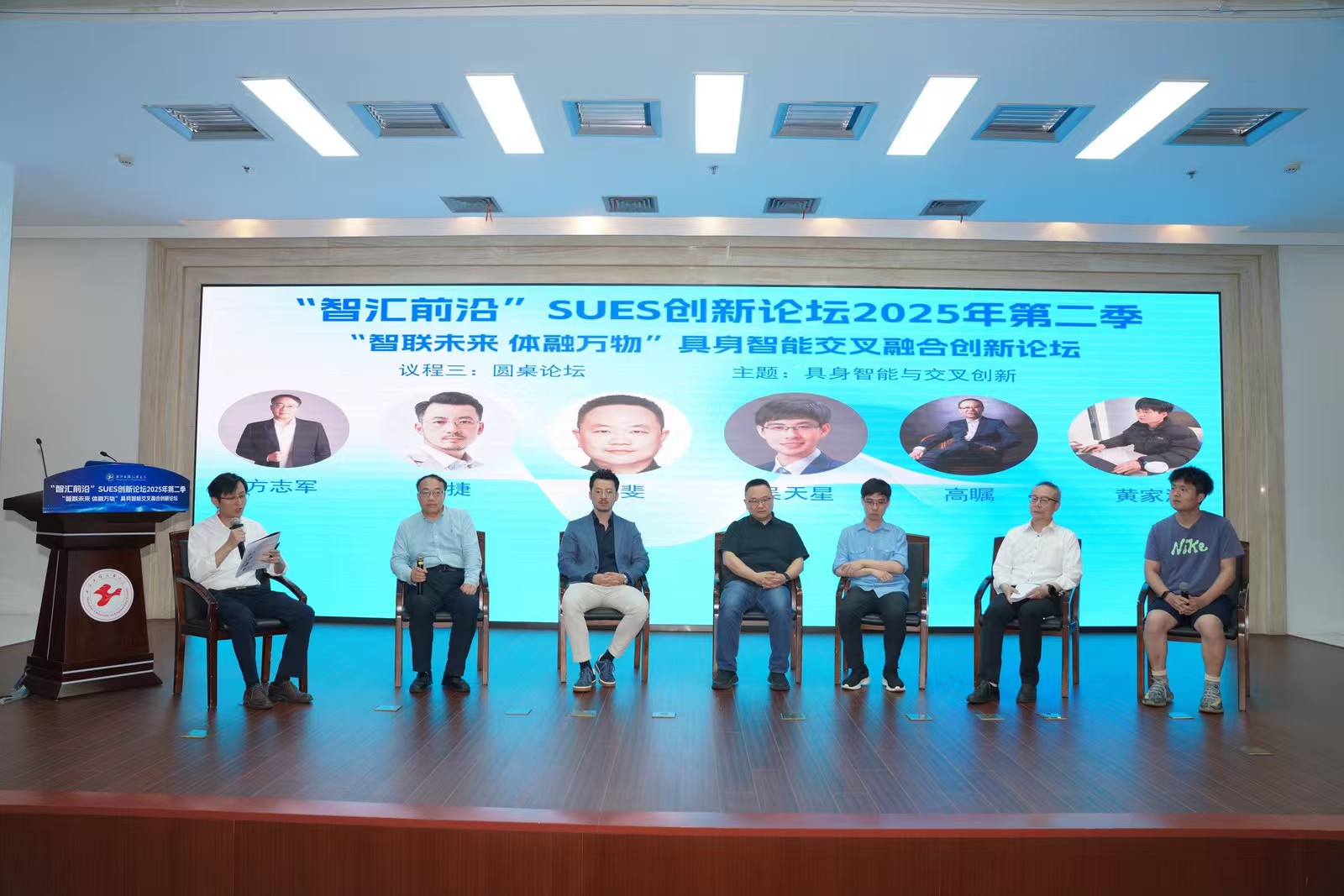
On June 19th, the Wisdom Gathering at the Frontier SUES Innovation Forum, Second Chapter of 2025—an Innovation Forum on Cross-disciplinary Integration of Embodied Intelligence with the theme of Connecting Intelligence to the Future, Integrating Bodies into All Things—was successfully held at SUES. Vice President Xu Kaiyu, Deputy Secretary-General of the China Computer Federation (CCF) Shu Qingshan, Professor Han Weili from School of Computer Science and Technology at Fudan University and Chairman of the CCF Shanghai Member Activity Center, as well as experts from the Institute of Automation, Chinese Academy of Sciences, Tongji University, Southeast University, Dong Hua University, and renowned industry enterprises attended the event. The forum was jointly hosted by Li Yuanyuan, Dean of School of Electronic and Electrical Engineering, Gao Yongbin, Vice Dean of the same School, and Wang Meng, Associate Professor from College of Design and Innovation at Tongji University.
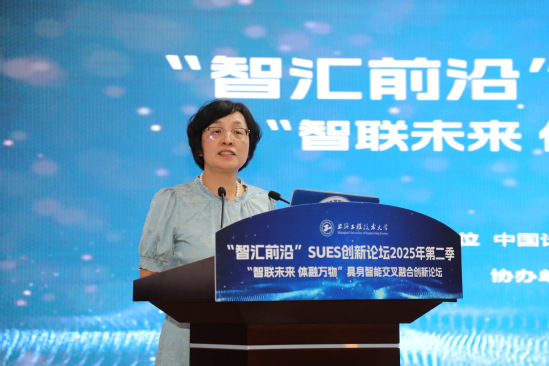
Xu Kaiyu pointed out that embodied intelligence is no longer just a brain in the virtual world but a composite of body + brain, achieving a leap from abstract cognition to embodied practice. This characteristic of integrating bodies into all things acts as a golden key, opening up new pathways in fields such as higher education, intelligent manufacturing, and smart healthcare. More importantly, it breaks down the disciplinary barriers between information science, robotics, and cognitive science, fostering the potential for disruptive innovation through cross-disciplinary integration. The University should continue to serve Shanghai's industrial development and strive to become a benchmark for cultivating applied innovative talents and integrating industry and education.
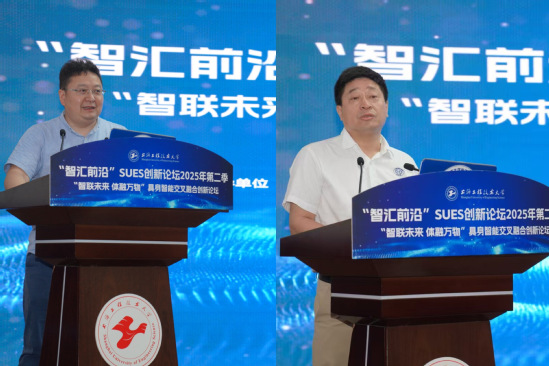
Shu Qingshan and Han Weili delivered speeches respectively.

Wei Qinglai, Deputy Director of the State Key Laboratory of Management and Control for Complex Systems at the Institute of Automation, Chinese Academy of Sciences, Yue Gao, Tenured Associate Professor at Shanghai Jiao Tong University, Wang Haofen, Distinguished Researcher at Tongji University and Secretary-General of the CCF Natural Language Processing Special Committee, and Tang Jinghua, Chairman of Shengtong Technology Group and Deputy Dean of the National AI Industry-University-Research Integration Achievement Transformation Research Institute at Shanghai Jiao Tong University, delivered keynote speeches. Wei Qinglai shared innovative algorithms for intelligent optimization of dynamic systems under the theme of Self-learning Optimal Control and Reasoning Systems, providing theoretical support for precise control of embodied intelligence in complex systems. Yue Gao proposed focusing on embodied control and applications of legged robots, highlighting the infinite possibilities of embodied intelligence in industrial and service scenarios. Wang Haofen, taking Design + AI as an entry point, revealed the transformation in the design field in the era of large models—the rise of mass creative paradigms. Tang Jinghua emphasized the importance of accurate data for training embodied intelligence models and proposed viewing embodied intelligence as individuals with perception, understanding, and emotions, offering new insights into technological ethics and application boundaries.
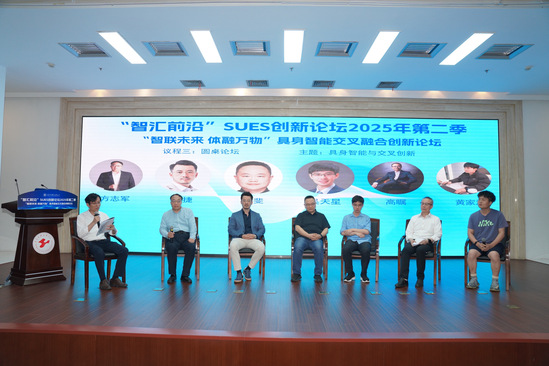
During the roundtable discussion, participants unanimously agreed that the development of embodied intelligence represents not only a technological breakthrough but also an exploration of human-machine symbiosis. When AI possesses a body and perception, it is no longer a cold tool but a partner capable of learning and collaborating with humans. From educational innovation to industrial upgrading, from medical breakthroughs to lifestyle transformations, embodied intelligence, with its posture of integrating bodies into all things, is opening up a future full of possibilities—a future that requires the joint efforts of academia, industry, and society at every step.
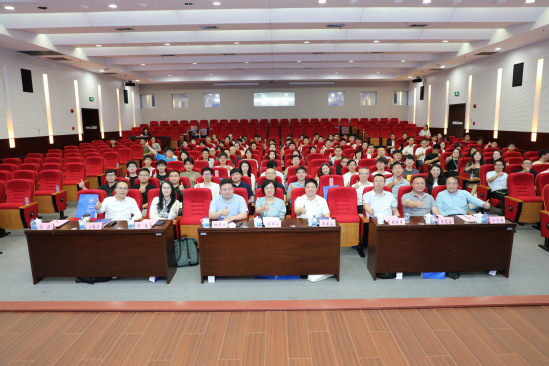
This forum was not only a profound dialogue between academia and industry but also conveyed a warm consensus: Currently, artificial intelligence is integrating into all areas of life at an unprecedented pace, and large language models are demonstrating powerful capabilities. However, the complex scenarios of the real world—such as industrial production, financial decision-making, and military applications—pose higher demands on the credibility, embodied reasoning, and social interaction capabilities of intelligent systems. Multi-modal large models achieve end-to-end closed loops, enabling embodied intelligence to gradually move from the laboratory to the real world, serving as a bridge connecting the virtual and the real.






